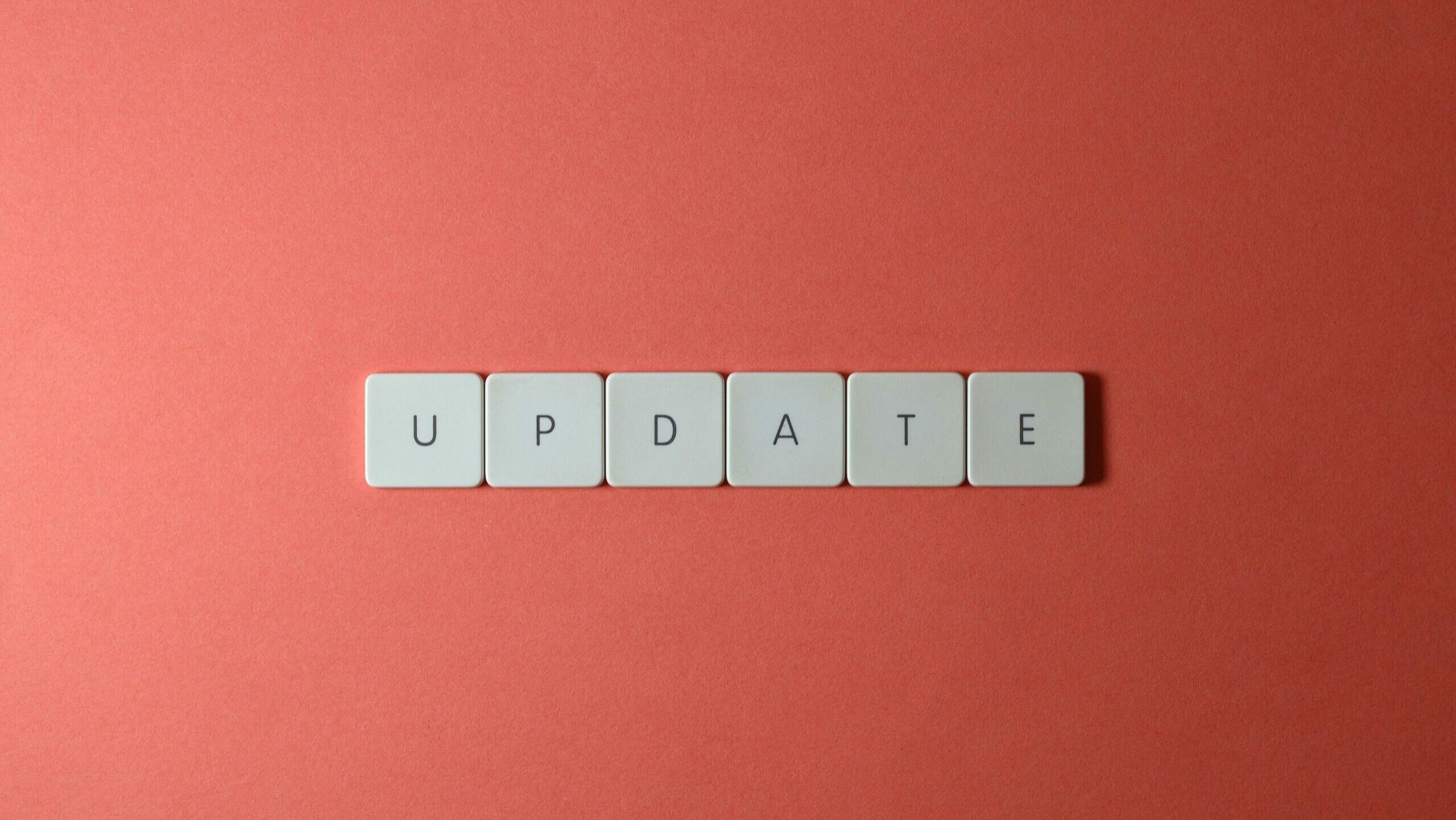Writing a Cover Letter That Really Gets Read
To be honest, most cover letters find their way into the garbage faster than you can say “Dear Hiring Manager.” The truth is, though, a really good cover letter is not about using boring templates. In a society suffocating in generic applications, it’s about creating a human connection.

The First Three Seconds Count Most hiring supervisors read cover letters quickly, much as we scan through TikHub. Your first line should immediately catch their attention. Forget the boring “I’m applying for X position at Y company” for something with real character. “When I saw your posting for a Social Media Wizard, I nearly spilled my coffee; this is precisely the magic I’ve been producing for brands for the last three years.”
Tell a story instead of your resume.
Your resume details your accomplishments. Your cover letter should reflect your identity. Choose one career high point that shows your abilities in action. Perhaps it’s the time you wrote a fix that saved 200 work hours or the way you turned around a struggling campaign. Choose anything, but let it be vivid. “The client was ready to walk away when I suggested…” is far more interesting than “Responsible for client retention.”
Customization rules supreme; laziness is clear.
All of us have altered one letter for several tasks. Hiring managers, however, can see miles away generic fluff. Show you really want this particular position by saying:
Something the business recently did that impressed you
How your particular history meets their particular requirements
What makes you more enthusiastic about this position than others?
The Enchantment of Numbers
Nothing leaves an impact like actual outcomes. Forgettable is “increased social engagement.” “Grew Instagram followers from 2K to 15K in 6 months” causes employers to sit up more straight. Look for measures even if your position wasn’t number-driven. Time saved? Make an estimate of how much. Better procedures? Measure the effect.
Personality Free From Unprofessionalism
You wish to be unique but not as “that weirdo who wrote in limericks.” The ideal location? Professional yet human. Showing passion, humour, or inventiveness is acceptable so long as it suits the corporate culture. A law company most likely would not; a startup might like emojis.
End with confidence, not desperation. “I would welcome the chance to talk about how I could help your team succeed,” rather than “I hope to hear from you soon.” Add a call to action: say you’ll follow up the following week or recommend a coffee chat.
Extra Pro Advice
One page is all you need; no one reads more. Opt for straightforward, scannable design. And for goodness’ sake, proofread; one typo might erase all your effort. Even better, read it out loud to find strange wording.
Remember, a great cover letter is not about being the most qualified applicant on paper. It’s about standing out as the most memorable applicant among hundreds. Show them the person behind the CV; that will put you ahead of 90% of candidates.
Now go off and compose something that gets hiring managers really eager to see you! Perhaps avoid using Comic Sans typeface.







